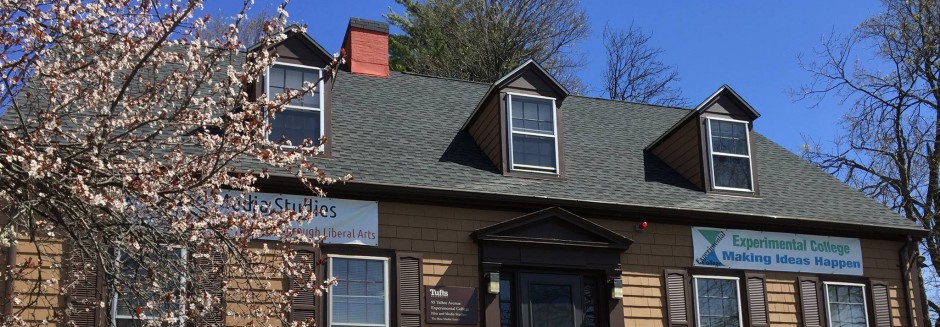The activities in this chapter are aimed at getting students out of the classroom and involved with what is known as interactive, experiential, or “real world” learning.
COMMUNITY SERVICE
Taking an active role in the community beyond the campus involves the highest degree of engagement from your students. Combining the desire to understand what people outside the seminar have to say about certain issues with the learning provided by work experiences related to those issues, community service adds another dimension to the first year seminar. Such activity may last over a number of weeks or may be only an afternoon. It may involve virtually the whole class, or it may be an option available to just a few of the class members.
- Students in a seminar on art and creativity could volunteer to work in local after-school programs
- Students in a media-related group could volunteer at a local media nonprofit such as Somerville Community Access Television (SCATV)
- Students could find a project appropriate to their course work through the many opportunities offered by the Leonard Carmichael Society
- Students could work on voter registration
INTERVIEWING
Interviewing covers a wide range of activities: an informal session of seeing how friends feel about a certain subject, a very directed, “journalistic” question-and-answer period with an individual who has a good deal of important information to share, an “oral-history” taping wherein the emphasis is on illuminating a particular event or era through the remembrance of individuals who experienced it. Here are a few ideas.
- A group studying the environment could interview appropriate government officials about the Boston Harbor cleanup.
- A group dealing with ethnicity and immigration could go out and collect stories about coming to America perhaps from friends and relatives, perhaps from people in the surrounding community.
Whatever type of interviewing you choose for your students, the most important thing to keep in mind is the quality of the questions they are going to use to conduct their interviews.
You may want to spend time in class to help them work these out, or you may even want to meet with them individually.
QUESTIONNAIRES AND SURVEYS
Along with interviews, an alternative means of soliciting information from “everyday” people is to enlist their cooperation in answering a highly structured set of questions.
Both the questionnaire and the survey provide vehicles for this type of fieldwork. The difference between them is sometimes blurred, but generally speaking, a questionnaire implies a written response and a survey connotes a verbal one.
Further, questionnaires tend to be aimed at a small target population and designed to elicit comprehensive responses. Surveys, on the other hand, tend be aimed at a broader audience and employ a series of very pointed questions designed to elicit brief, often “yes or no” responses. Here are two examples.
- A group studying sports and society might prepare a questionnaire for the football team which asks them about their experiences as high-school athletes, the feelings about coaches, the attitudes toward women in sports, and their opinions on random drug testing.
- A group dealing with the business side of movies might design a survey for the whole student body, one which asks very specific questions about movie going habits, favorite films, attitudes toward theatres, and memorable movie going moments.
OBSERVATION
Observation is a form of fieldwork that, in one sense, is almost diametrically opposed to interviewing, questionnaires, and surveys. Indeed, rather than asking students to become actively engaged in working relationships with people in the world outside the seminar, observation requires them to be disengaged.
The thrust of this activity is to be a sensitive and discerning onlooker, to watch and record — with as much detail as possible — the dynamics of a particular situation.
- A group studying leadership could go to a number of TCU Senate meetings and prepare reports based on what they noted as significant in terms of leadership styles.
- A film-related group could split up and go to different movie theaters in the local area, observe audience behavior, and present comparative reports in class.
